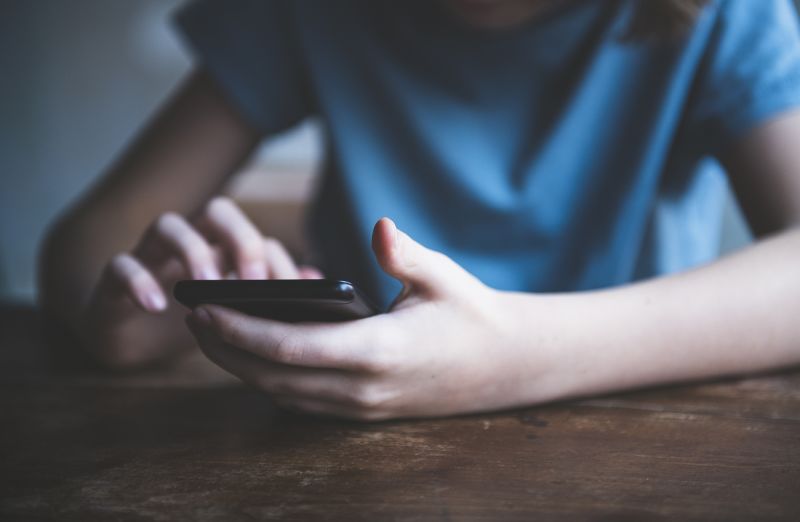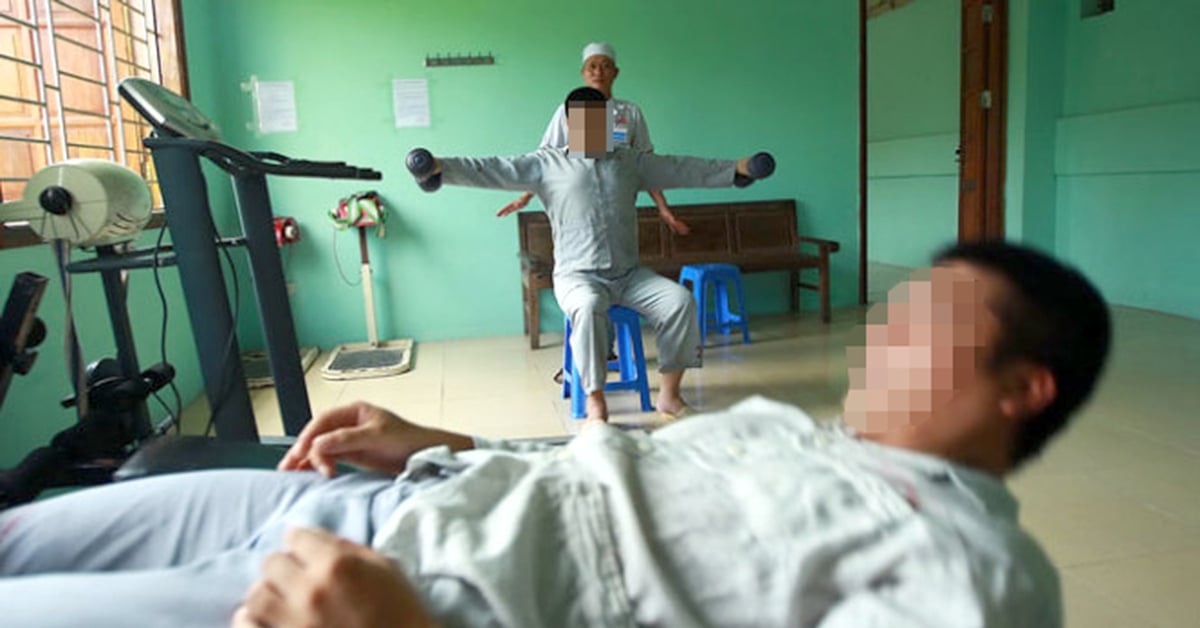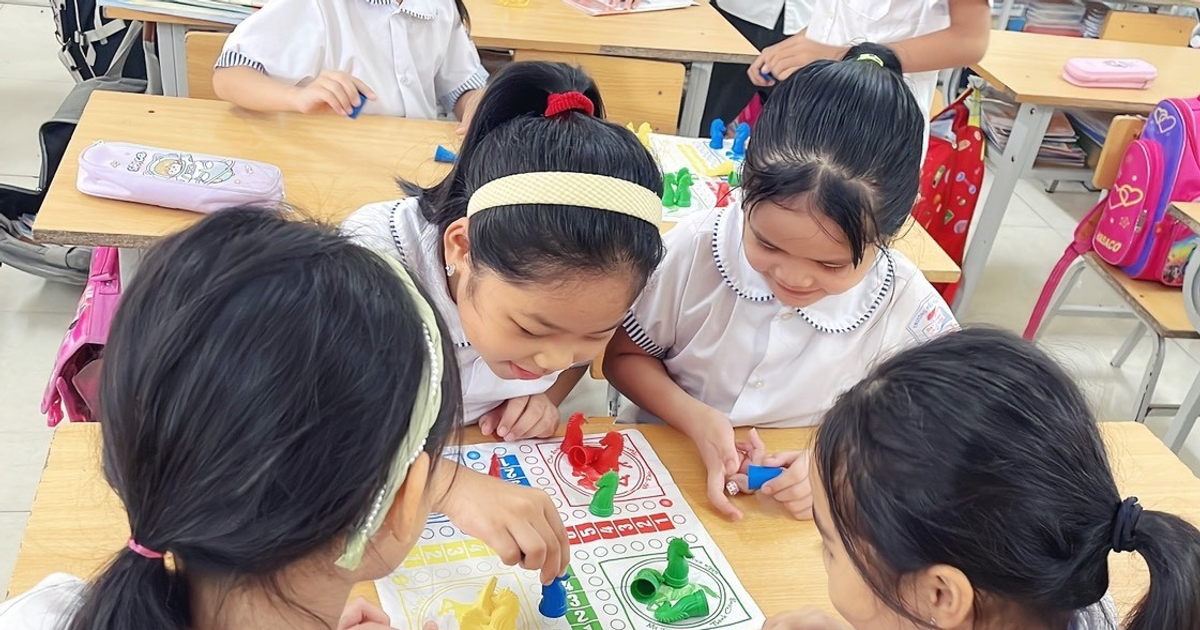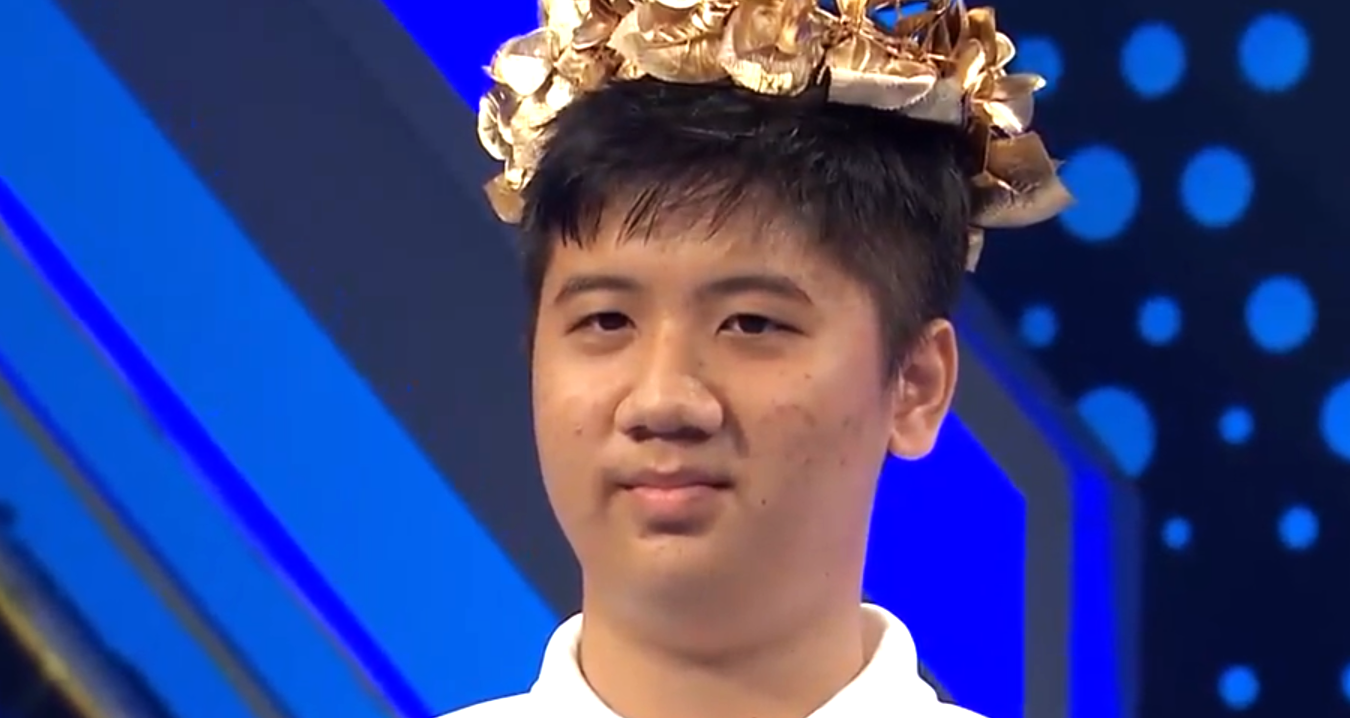Maximum restriction until age 16
Social psychologist Jonathan Haidt's new book, "Generation Anxiety: How Childhood's Changes Are Causing Mental Illness," essentially urges parents to manage their children's use of smartphones and social media.
Put simply, Haidt writes that kids should have little or no access to these things until they turn 16. Haidt's views are informed by years of research into teen mental health, as well as statistics showing that many teens in the US suffer from depression or anxiety disorders.
The American Psychological Association (APA) has similar concerns, criticizing social media platforms for being “inherently unsafe for children.” The APA report, released on April 16, said children lack the “experience, judgment, and self-control” to manage themselves on social media.

Psychologist Haidt says parents need to restore their children's childhood to a time without phones and social media. Photo: Rouzes
We are forgetting to protect children online.
"In the 1990s, we thought the internet would make our kids smarter, because we were so optimistic about technology," Haidt said in a recent interview with CNN. He stressed that we overprotect our kids in the real world, but forget to protect them online.
Asked why we are at the tipping point of this crisis, Haidt said: "The crisis was supposed to start in 2019, but then COVID-19 happened and obscured the signs. When the pandemic ended, it was clear to everyone that kids were not doing well when schools reopened. The data shows that much of the increase in mental illness was happening long before COVID-19."
Rules for crisis management
The American psychologist offers some advice for dealing with the crisis. First, children should not have smartphones until they are in high school. Children in primary or secondary school only need a flip phone or a smartwatch to communicate.
He also said that children should not use social media until they are 16 years old. These platforms are not for children. They can even be especially harmful to children.
He also advised that schools should not allow students to hold phones, as they are the biggest distractions if they are in a student’s bag. Without phones, students can focus on listening to teachers and spending time with other students.
Serious harm and loss
According to Haidt's statistics, this year, about 30 - 40% of teenagers in the US are depressed or anxious, about 30% say they have thought about suicide.
Additionally, as children interact less with the opposite sex online, heterosexual dating and marriage may be affected, leading to a much faster decline in heterosexual marriage and childbearing rates than in the past, which have been declining for decades.
“Finally, there are huge economic impacts. Meta and Snapchat have been sued for increasing the amount of money states in the US spend on psychiatric emergency services for teens,” he added.
Haidt concludes: “Society is at a tipping point and if adults don’t act, phones and social media could endanger the mental health of all young people indefinitely.”
Ngoc Anh (according to CNN)
Source


![[Photo] Prime Minister Pham Minh Chinh chairs the Government's special meeting on law-making in April](https://vstatic.vietnam.vn/vietnam/resource/IMAGE/2025/4/13/8b2071d47adc4c22ac3a9534d12ddc17)



![[Photo] National Assembly Chairman Tran Thanh Man attends the Policy Forum on Science, Technology, Innovation and Digital Transformation](https://vstatic.vietnam.vn/vietnam/resource/IMAGE/2025/4/13/c0aec4d2b3ee45adb4c2a769796be1fd)
![[Photo] National Assembly Chairman Tran Thanh Man attends the ceremony to celebrate the 1015th anniversary of King Ly Thai To's coronation](https://vstatic.vietnam.vn/vietnam/resource/IMAGE/2025/4/13/6d642c7b8ab34ccc8c769a9ebc02346b)
























































































Comment (0)